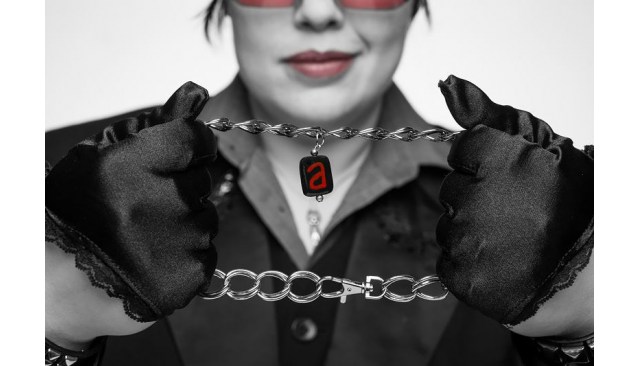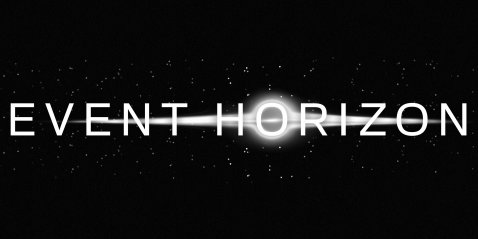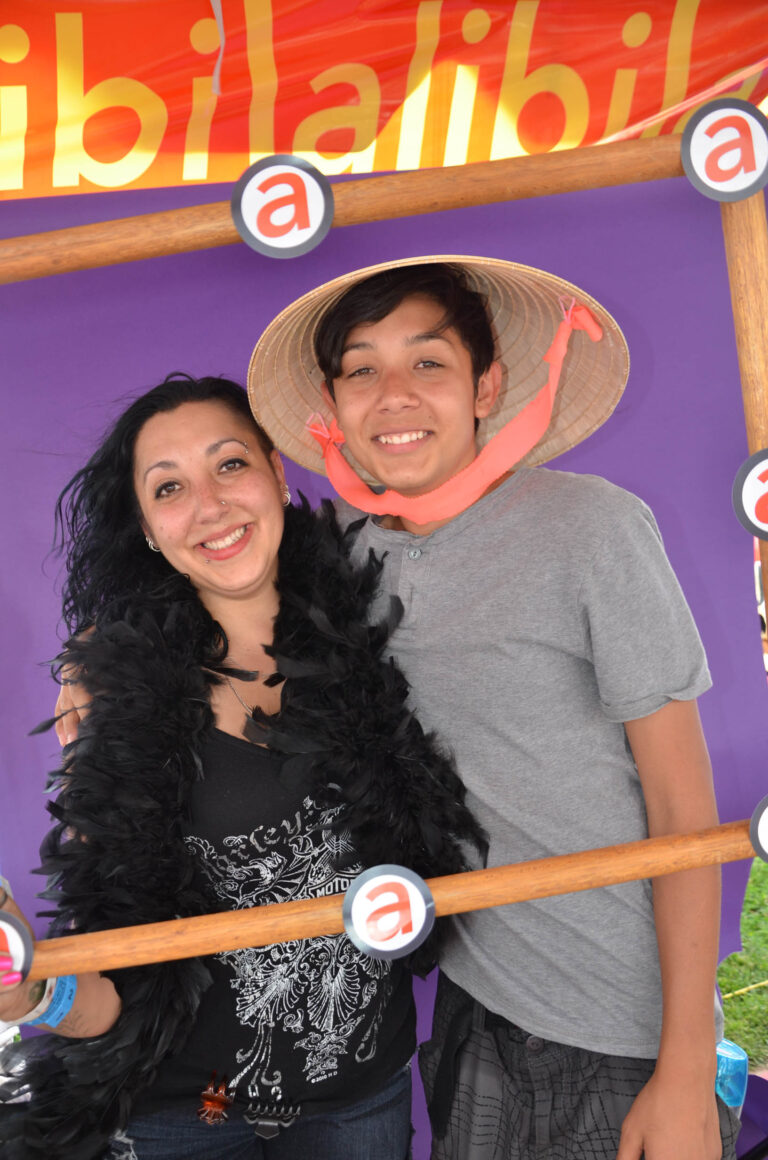Rodgers author of countless R& B hits, formed his foundation after the 9-11 atrocities to promote multiculturalism. The video features the ensemble cast of famous cartoon characters singing the Rodgers song “We Are Family” in an effort to promote cultural diversity, but says nothing about sexual identity. The video has already appeared on children's television, and Rodgers suggested to the Times that Focus on the Family was confusing his organization with an unaffiliated group called “We Are Family” that supports gay youth.
Still, a spokeman for Focus on the Family, said the group stands by its allegations, telling the Times: “We see the video as an insidious means by which the organization is manipulating and potentially brainwashing kids. It is a classic bait and switch.”
Just days later, on Jan. 25, Arthur's pal Buster entered the fray, when PBS pulled an episode of “Postcards from Buster” from airing on 350 PBS stations around the country. According to news reports, PBS’s president, Pat Mitchell, screened the episode without objection, but then Education Secretary Margaret Spellings stepped in to denounce it.
The episode included a visit to a Vermont child's home, who lived with lesbian parents. It was one of a 24-part series, where Buster, a rabbit sidekick to the aardvark star of PBS' “Arthur,” visits real-life children, who tell the story of their lives. Other episodes featured five children sharing a room while living in a trailer in Virginia, Mormons in Utah, fundamentalist Christians and Muslims living in other parts of the U.S. But the lesbian couple seemed to cross the line.
Explaining the decision, Wayne Godwin, chief operating office of PBS, told the Times, “The presence of a couple headed by two mothers would not be appropriate curricular purpose that PBS should provide.”
Interestingly, Buster's show, like the show “Arthur,” receives federal grants under the guidelines that such programs “should be designed to appeal to all of America’s children by providing them with content and characters with which they can identify. … Diversity will be incorporated into the fabric of the series to help children understand and respect differences and learn to live in a multicultural society.”
In response to PBS' decision, Brigid Sullivan, who has produced children’s shows for 20 years, including “Arthur,” told the Times, “Buster is Arthur’s best friend, the child of divorce, he has asthma. Children sympathize with him. We had a breakthrough format, this animated bunny with his camera getting live-action sequence. Not to present a make-believe world of diversity but a real world.”



